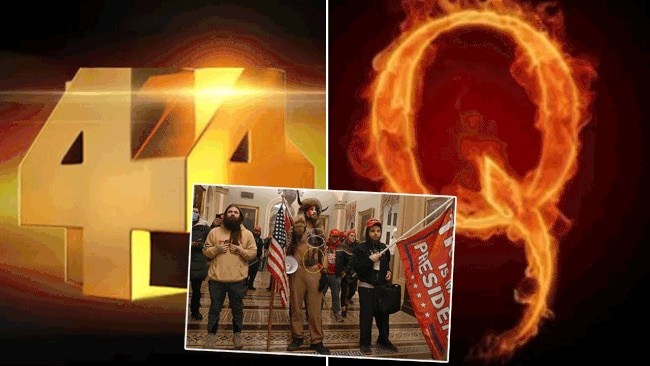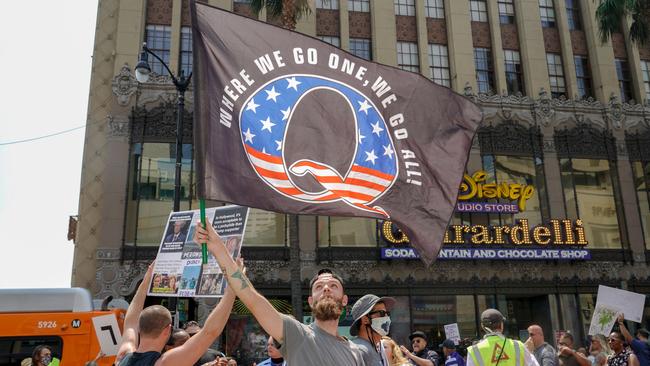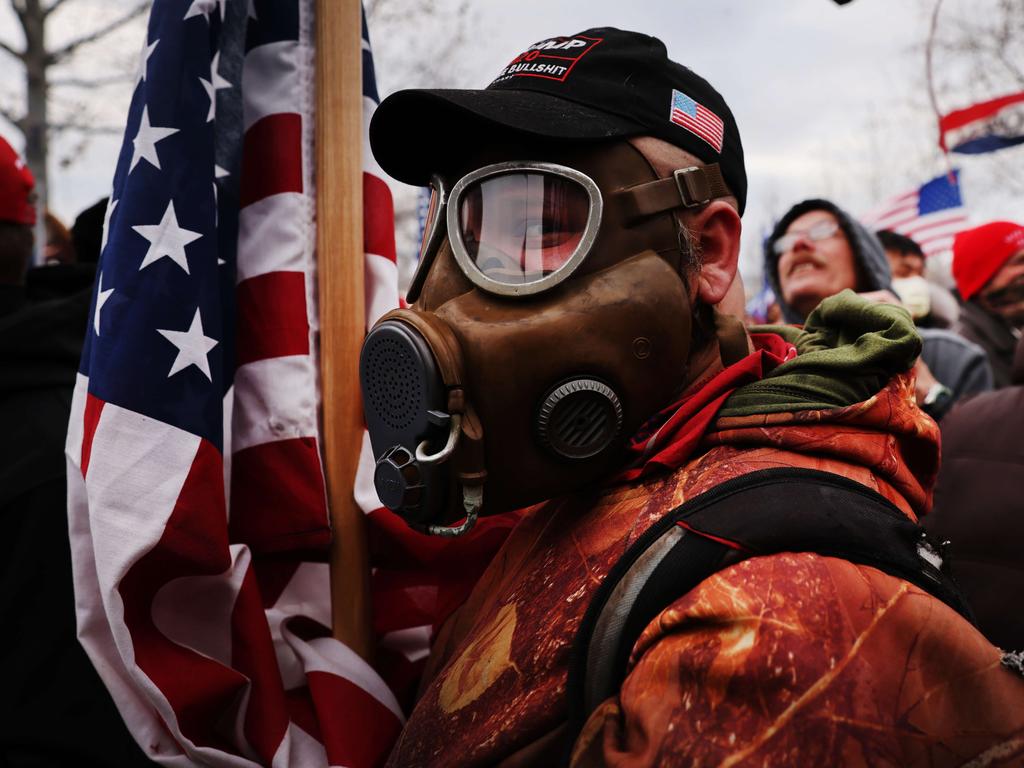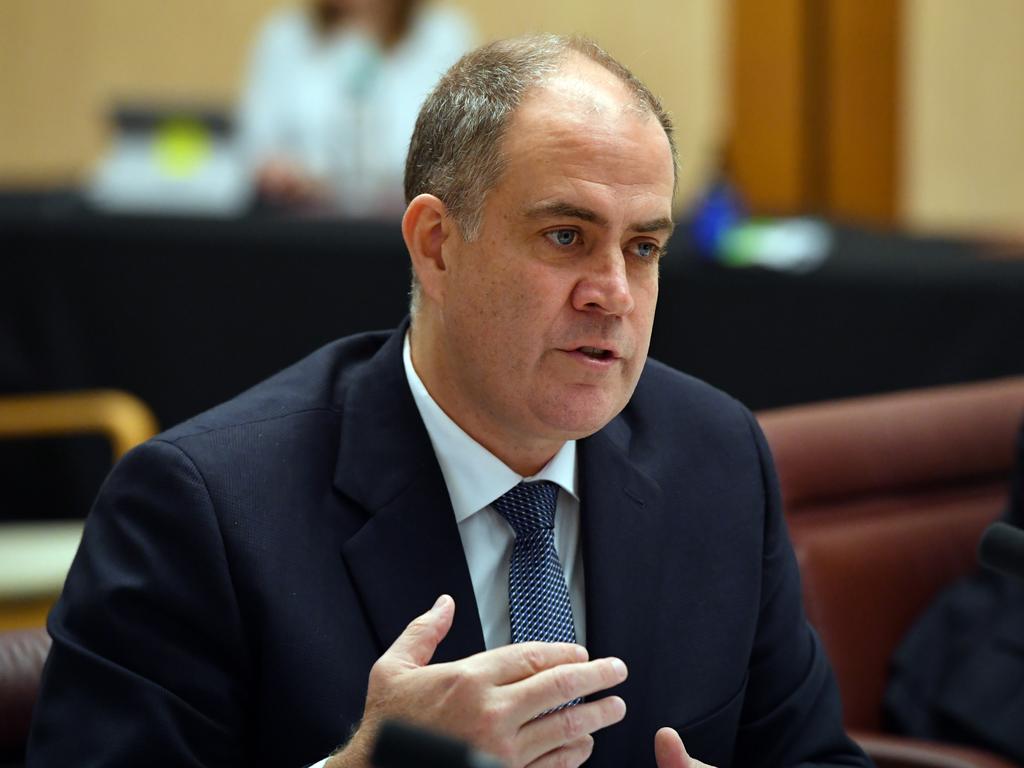
Let’s face it, the show was a nothing burger and those same claims had been reported over a year ago by other media.
The words were contained in a speech the Prime Minister made to the parliament on 22 October 2018.
I recall that day well and the PM’s speech in particular. It was one of those rare days where parliament was at its best. Scott Morrison spoke, voice quivering with emotion, as did then Opposition leader, Bill Shorten. They were fine speeches.
Victims of institutional child sexual abuse, many of whom were present in the parliament, some in the packed galleries, others listening in the Parliament’s Great Hall or outside on the lawns, found great comfort in the expressions of support, a sense that finally the nation had turned its eye to them and at last they had been believed. There was also a sense of collective grief, of victims assembling at one place at one time and succour of a kind came from it.
Through five years of public hearings at the Royal Commission we learned some hard truths about ourselves. We learnt that as a society we had failed to value our children, failed to listen to them, failed to believe them.
We learnt also that some of the country’s most trusted institutions – state and private, religious and secular, sporting and recreational, held these children’s lives cheap. These institutions had known of the abuse perpetrated behind their walls and covered up, obsessed with abstract concepts like legal liability and reputational damage. The victims were cast into an emotional abyss from which many would never return.
Nation’s sorrow assuaged
The nation’s sorrow was assuaged by the Prime Minister’s speech and by actions that followed them, the establishment of the National Redress Scheme which offered victims a chance of lawyerless compensation, albeit by completing a long and often perplexing form which required them to outline the circumstances of their abuse in detail that would necessarily re-traumatise them before waiting months and sometimes years before receiving payments and apologies from the institutions responsible for their abuse.
It was an imperfect solution to an intractable problem. There is room for journalistic rigour here that seems to have gone through to the keeper — victims who had to wait too long that they gave up hope or died waiting for compensation.
Many of those most disadvantaged by the scheme are what are known as Clannies — the Care Leavers Australia Network — former wards of the state who were abused in one place, then transferred to another where they were abused again and often on to another where the abuse continued with new tormentors. Their homes had been run by a mix of providers, state and private. When it came time for their redress to be examined, the claims would have to be passed to one institution, then on to another and so on.
Thus, the NRS was designed to be more difficult for what were arguably those who had suffered more enduring harm.
The empty seat at the table
What did arise from the Four Corners program is what might call the empty seat at table, families who have had to endure the absence of loved ones lost to a cult. Those firmly in the grip of QAnon conspiracies as with all cults have a long journey back if they can come back at all.
Explaining what QAnon is is invariably difficult. It is a cult and in the way of cults, its belief systems are regarded as bizarre to outsiders.
If I tried to explain the fundamental precepts of Scientology, the same problems would arise. QAnon is a political cult that relies on claims of institutional child sex abuse perpetrated, the theories go, by Democrats and Hollywood personalities as part of a global cabal of the powerful. QAnon also, it must be said, is vehemently anti-Semitic.
Still, the emotive pull of it cannot be underestimated. What could be more important than saving children?
Unlike Scientology or any one of the other faux religious cults, QAnon relies on the concept of the digital warrior – the notion that one can do good by simply following the cult’s adherents and influencers online (who often have something to sell) and spreading the word.
Unsurprisingly, police and the FBI have reported the rise of QAnon has made their job more difficult. Unfounded claims of child sexual abuse have made the business of actual child sexual abuse more difficult to investigate. Waters are necessarily muddied when hundreds of false claims are reported.

When we get to the QAnon denouement, the riots at the Capitol Building in Washington DC on January 6, we saw people assembling who had otherwise been law abiding. Members of the military and even law enforcement were present. Not all, but a sizeable fraction of those who stormed the Capitol that day, were QAnon adherents. Some were members of militia groups with angry names – Boogaloo Boys, Proud Boys, Three Per Centers. Many had travelled to Washington DC because they believed their country was at risk. They had been told so, based on the lie President Donald Trump had repeated loud and often that he had been cheated of victory in the US Presidential election in November 2020.
The term radicalisation is rarely attributed to the Capitol Building attacks but that is precisely what happened. Of the more than 400 arrests that have been made since, the one consistent back story for many is that of vulnerable people in a state of heightened suggestibility who found themselves in the middle of a violent mob. They became radicalised in seconds.
How QAnon started and by whom remains a mystery. We know that at some point, not long after the US Presidential election in 2016 that posts from Q – the so called anonymous deep state insider were almost certainly contrived by an internet entrepreneur, Ron Watkins. But Q had been posting for 18 months prior to Watkins’ meddling.
The language of the cult
We know, too, that people close to Trump’s re-election team – Roger Stone and Major General Mike Flynn were quick to adopt the language of the cult for political motives.
It was a psy-op straight out of a CIA textbook and millions were sucked in. Just yesterday, the FBI issued a statement predicting more QAnon violence, that its adherents, no longer directed by the cryptic Q posts, would move from digital soldiers to engage in more “real world violence.”
The frustration is that journalistic obsessions about what a prime minister did or didn’t say are such small beans compared to what is out there in the actual.
Rewriting history is a journalistic hobby of sorts these days. The frustration is that the real history, documented, observable, clear in our memories is pushed to the back so we can fixate on an almost meaningless dot in the distance as if the truth can only be consumed in made-for-television bite-sized chunks.







The ABC’s Four Corners report into the cult of QAnon now only stands relevant on the basis of semantic argument as we were reminded the term ‘ritual abuse’ was identified by the Royal Commission into Institutional Child Sexual Abuse as a regular experience of victims, despite the program’s claims Scott Morrison may have used the term in a nod to the cult.